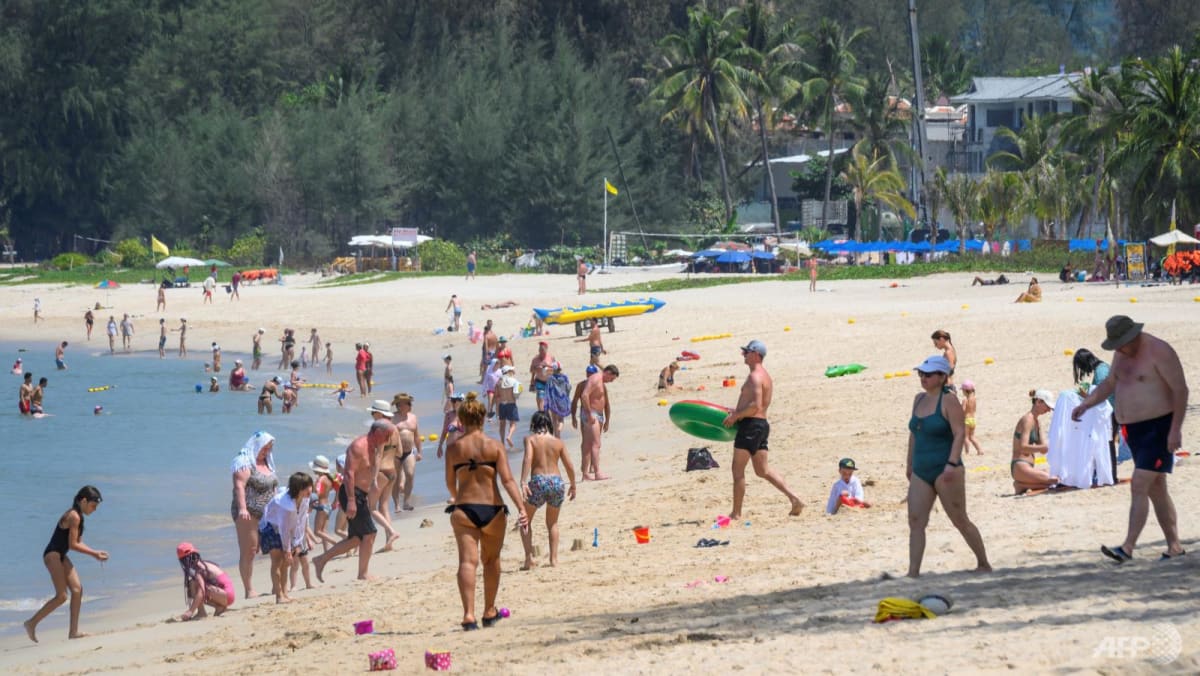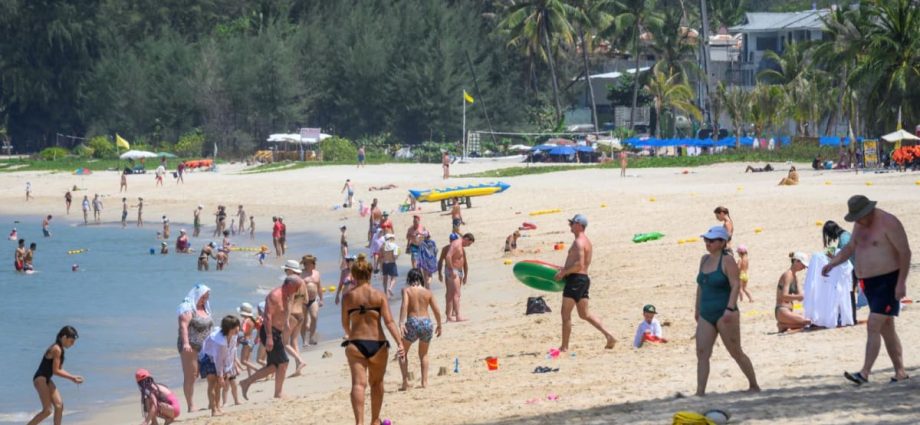
1. Do your research
Even if you’re a seasoned traveller, you may not realise the impact your actions have on local communities. But a bit of information – from your own research or provided by local governments – might be enough to help you act more appropriately. Before you go, look up guidelines or background information on local cultural or safety norms.
Whether you agree with the customs or not is irrelevant. If it is a more conservative place than you are used to, you should be mindful of that – unlike the two influencers who were arrested for explicit behaviour in a temple in Bali.
2. Put down your phone
Research shows that when travelling, people can become alienated from their surroundings if they are more focused on their devices than the destination.
Often the most memorable travel experiences will be when you have a meaningful connection with someone, or learn something new that you’ve never experienced before. That becomes harder if you’re constantly looking at your phone.
3. Use your influence for good
In popular “Instagram versus reality” posts, influencers are revealing the huge crowds and queues behind the most Instagrammable locations.
Showing the less-than-glamorous conditions behind those iconic shots could influence your own social media connections to rethink their personal travel motivations – are they just going somewhere to get the perfect selfie? Having more evidence of these conditions circulating online could lead to a larger societal shift away from social media-induced tourism.
If you have the urge to post, try to promote smaller businesses and make sure you are demonstrating proper (and legal) etiquette on your holiday.
Lauren A Siegel is Lecturer in Tourism & Events, University of Greenwich. This commentary first appeared on The Conversation.

